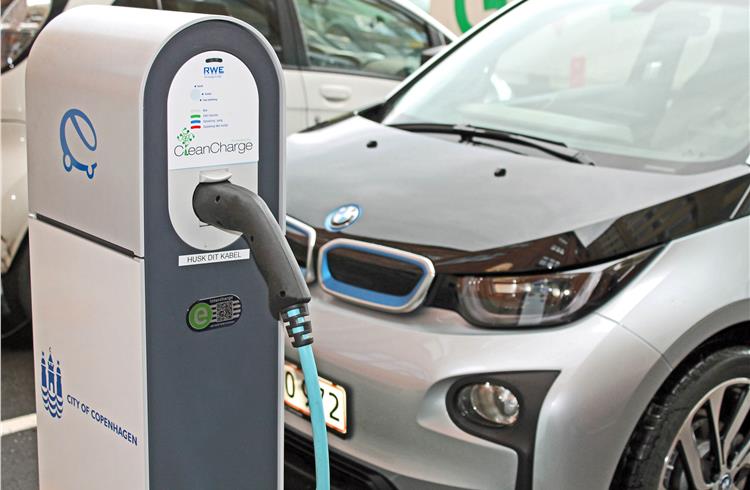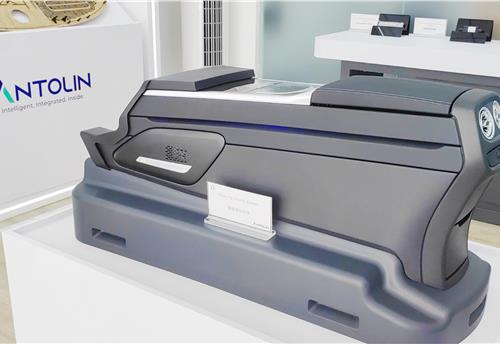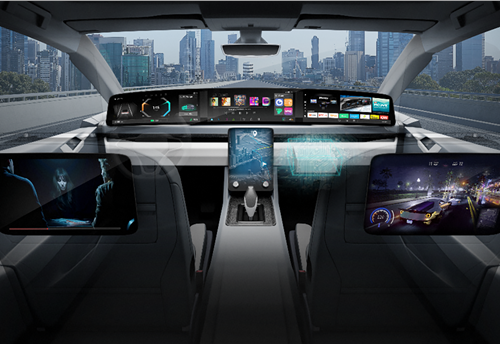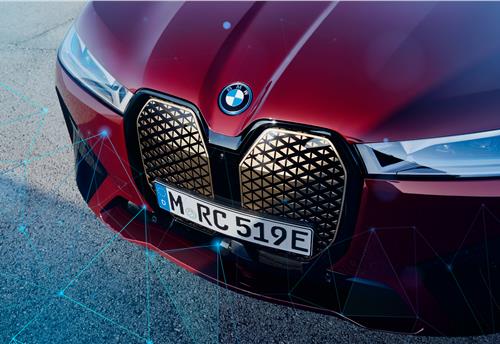BMW plans new hydrogen-fuelled i5
BMW is set to employ a revised version of the hydrogen-electric fuel cell system used in the Toyota FCV (whose official name has been revealed as ‘Mirai’) in a future i-brand model, possibly to be badged i5.
BMW is set to employ a revised version of the hydrogen-electric fuel cell system used in the Toyota FCV (whose official name has been revealed as ‘Mirai’) in a future i-brand model, possibly to be badged i5.
Company sources say the race is on between the German car makers to get a hydrogen fuel cell car on the market, now that Japanese companies Honda and Toyota have taken the initiative.
The powertrain sharing is the first stage of a BMW-Toyota joint venture aimed at lowering development costs and providing improved economies of scale on advanced alternative drive systems shared between the two manufacturers. A second project, to build a rear-drive sports car platform is also said to be well under way.
Having launched the i brand with a pure electric vehicle in the form of the i3 hatchback and quickly expanding it with the petrol-electric hybrid i8 sports car, the introduction of a hydrogen-electric fuel cell-powered i5 would provide BMW’s youngest brand with a trio of alternative-energy vehicles, each offering a different form of propulsion.
It would also ensure that BMW has an answer to a hydrogen fuel cell-powered Mercedes-Benz B-class, which officials have confirmed is scheduled to head into small-scale production and will be offered to customers through official sales channels in selected markets in 2017.
Audi is expected to reveal a hydrogen-powered A7 at the Los Angeles motor show next week, suggesting that it is also preparing to throw its hat into the fuel cell ring.
Despite the relative success of Tesla’s electric cars, which have pioneered the combination of large battery packs and the luxury car format, many car makers still believe that hydrogen could become a viable zero-CO2 fuel.
Many in the auto industry point out that a hydrogen fuel cell car can be refuelled in a matter of minutes, while even the most powerful EV chargers take at least 30 minutes to replenish batteries.
Arguably, the mass storage and transportation of hydrogen is relatively straightforward, too, in comparison with upgrading the electricity network.
Fast charging systems, especially those using three-phase supplies, require significant upgrades to the local electricity infrastructure, while mass recharging stations would require significant space, which might not be available in urban areas.
RELATED ARTICLES
Antolin unveils sustainable tech solutions at Beijing Motor Show
In line with its China market roadmap, Antolin is showcasing its latest advances in lighting, HMI, electronics, and sust...
Visteon wins $1.4 billion in new business in Q1 2024, launches 26 new products
Digitisation of vehicle cockpit megatrend is a key growth driver for Visteon with over $400 million of displays wins; Vi...
BMW uses Catena-X ecosystem using real-world CO2 data to enhance quality
Working together with partners and suppliers, the company has modelled a complete data chain for the first time using re...





 17 Nov 2014
17 Nov 2014
 3057 Views
3057 Views





 Autocar Pro News Desk
Autocar Pro News Desk




